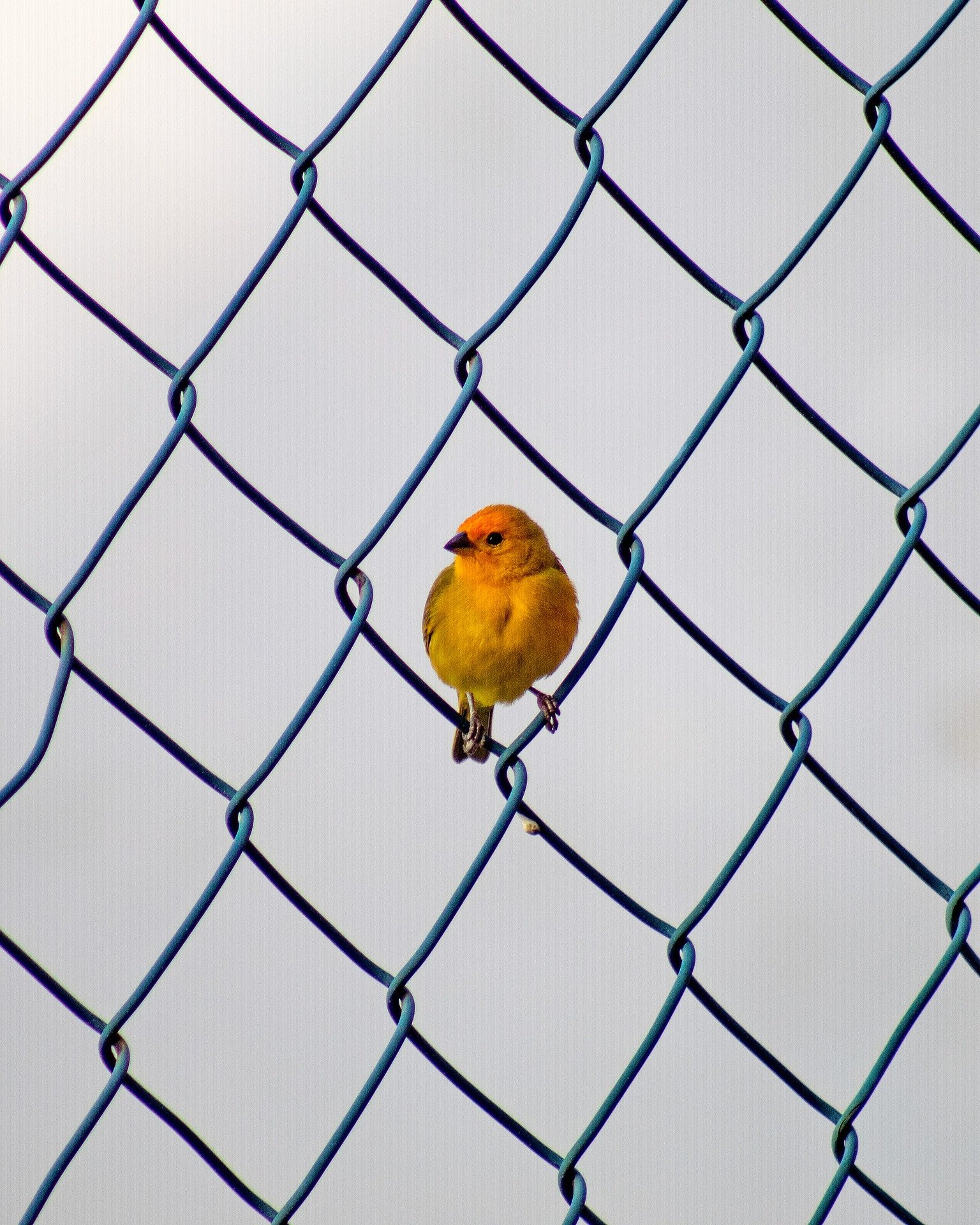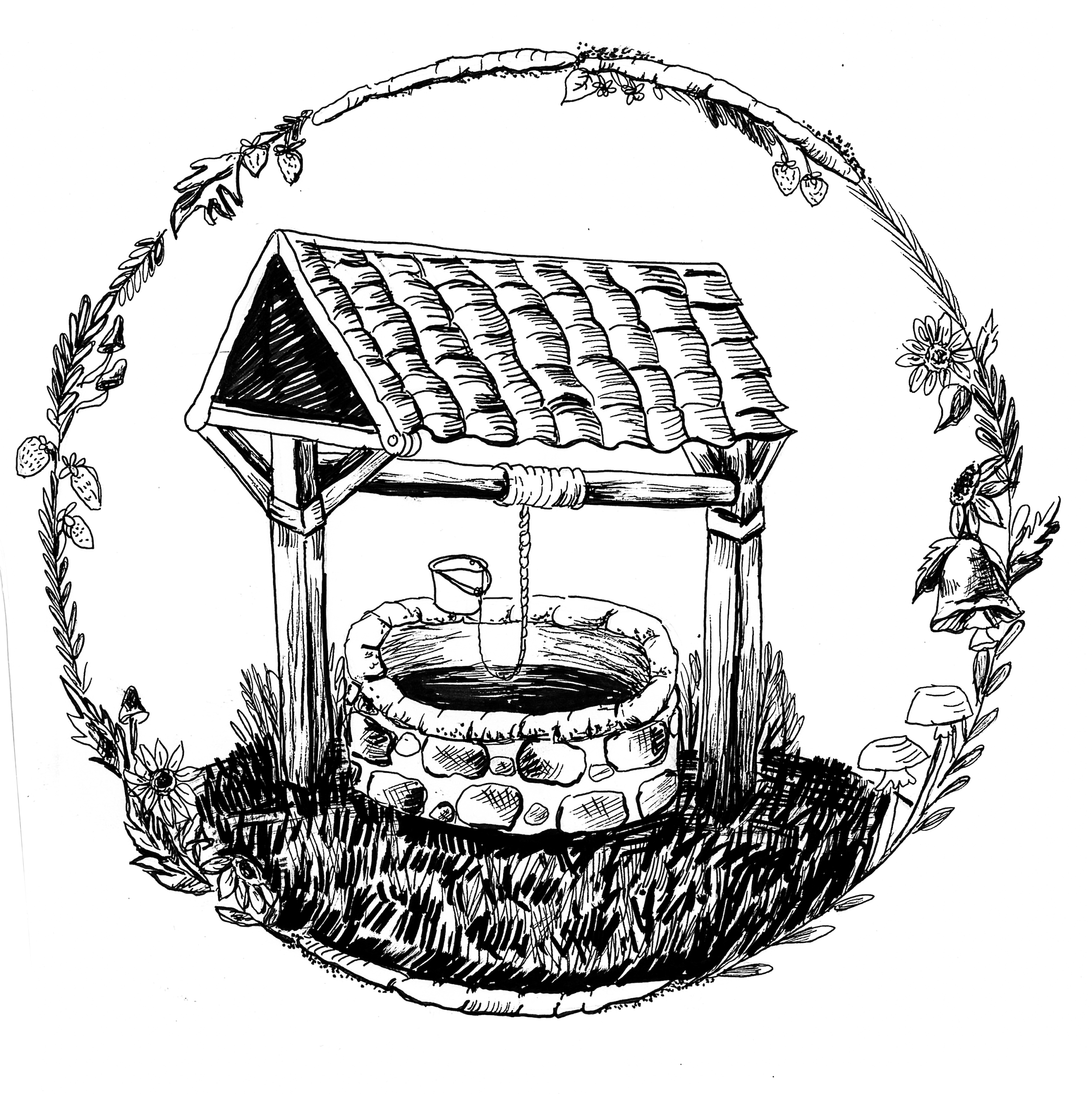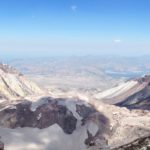[Re-]Orientation – Reinhabiting Montessori as a Participant Observer

Reinhabiting Montessori with bioregional awareness is similar to the everyday work of Montessori practitioners everywhere, for it begins with the honor of guardianship of the prepared environment. This role takes into account the wisdom of previous generations, the present situation, and future possibilities. I want to be clear in this exploration that this journey is for all who wish to live as guardians of their environments, not only classroom teachers. This responsibility comes not as a detached superior but as a humble, plain member and citizen of the environment, which I refer to as the cosmic community.
Cosmic Education: A Positive and Scientific worldview
How has my disconnection with the place or bioregion I live in shaped my role as a participant observer? The ways I have perceived the places I have called “home” throughout my life plays a significant role in shaping my worldview. As I stated in the introduction, my traditional view of science and education led to a rather detached method of observation. In order to examine and restore my connection to place, I have chosen to utilize new ways of seeing the living systems and patterns of the world.
The environmental writer, Peter Berg (2005), provides an immersive exploration in Finding Your Own Bioregion, that continues to be a powerful tool in my practice of reinhabitation. I have learned that finding my own bioregion is based on personal views; therefore, I am choosing to set up the scientific and spiritual foundation of reinhabiting Montessori before I directly engage in the discovery of my unique place.
I wonder, could familiarity with Montessori’s cosmological worldview coupled with the work of modern-day systems thinkers be a catalyst towards my Montessori children and families building a cosmic, ecocentric community rooted in respect, integrity, diversity, inclusiveness, responsibility, and enthusiasm for one’s self and all members of the community?
In the essay Speaking Nature’s Language: Principles for Sustainability, Capra (2005) outlines perceptual shifts I am choosing make use of as a participant observer with bioregional awareness. I will note the similarities I observe between Capra and Montessori. Here are the shifts Capra offers along with my adapted notes:
- From the parts to the whole. Presenting cosmic holistic concepts allowing students to order their detailed knowledge in relationship to the whole system.
- From objects to relationships. As students work with concrete materials, understanding of abstract relationships organically emerges and provides an internal sense of order.
- From objective knowledge to contextual knowledge. Observation in the context of the whole system leads children and adults to explain things in relation to their environments.
- From quantity to quality. Imagination provides the freedom to explore phenomena that cannot be measured or quantified.
- From structure to process. Normalization is an evolutionary adaptive process where a constant state of self-renewal and transformation of environmental structures takes place.
- From contents to patterns. Patterns (discipline) are established through the free-flowing interaction of students with the contents of their environment. (pp. 20-21)
Considering how similar universal truths emerge while comparing Montessori philosophy and a system’s view of sustainability leaves me in awe of deep intricate connections throughout time and space. These perceptual shifts have been one of my guides as I dig deeper into a worldview rooted in bioregional awareness.
Earth’s major systems—Geosphere, Atmosphere, Hydrosphere, and Biosphere— will provide further guidance in my developing worldview.
WORKS CITED
Berg, P. (2005) Finding your own bioregion. In Stone, M.K. & Barlow, Z. (Eds.), Ecological literacy: Educating our children for a sustainable world (pp. 126-131). Sierra Club Books.
Capra. F. (2005) Speaking nature’s language: Principles for sustainability. In Stone, M.K. & Barlow, Z. (Eds.), Ecological literacy: Educating our children for a sustainable world (pp. 18-29). Sierra Club Books.


